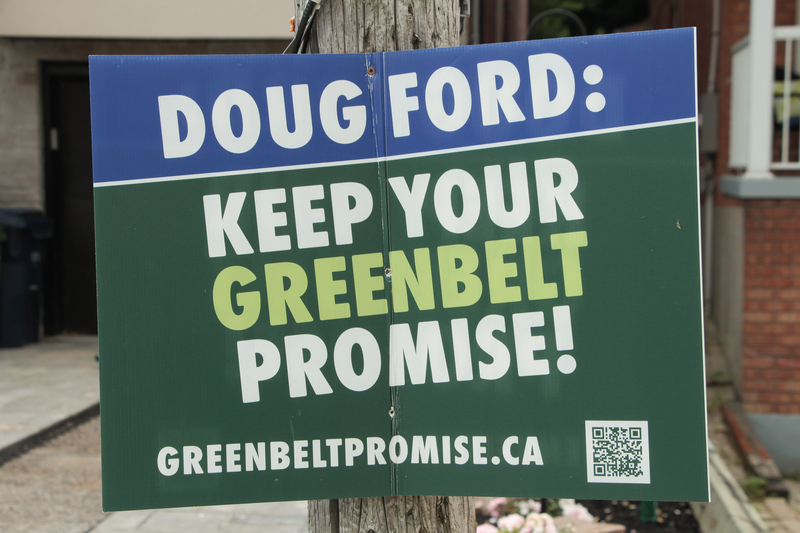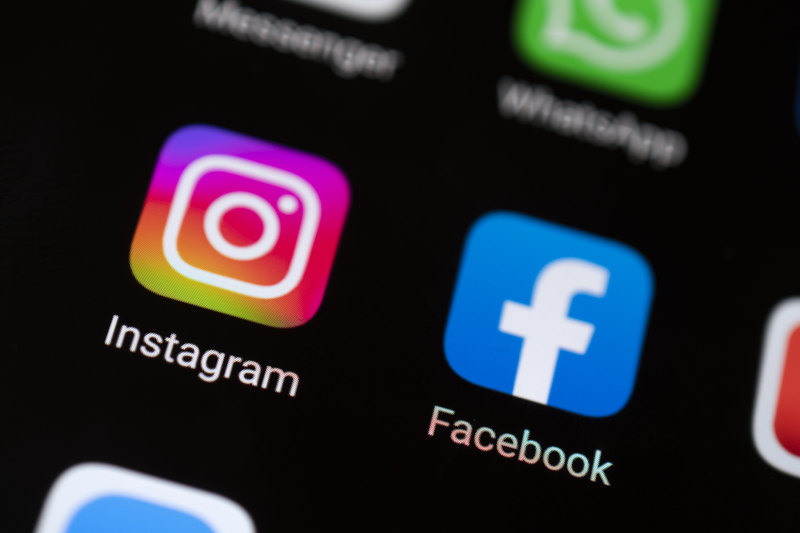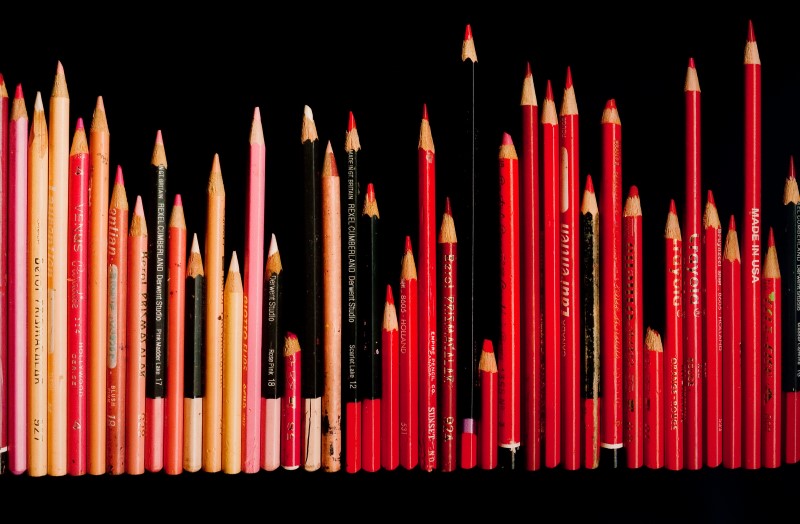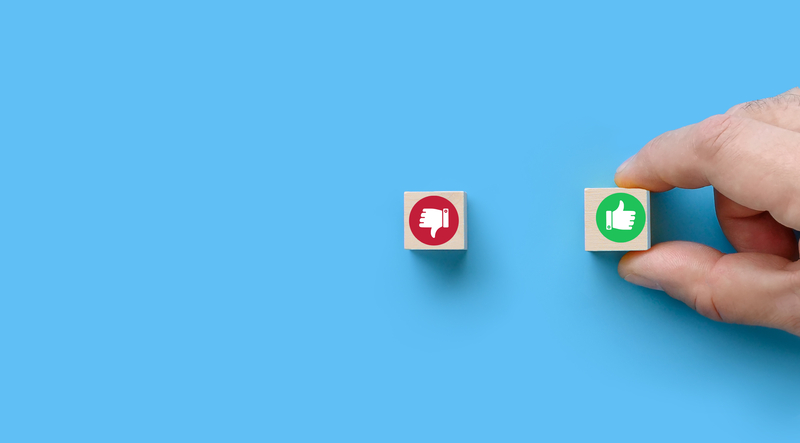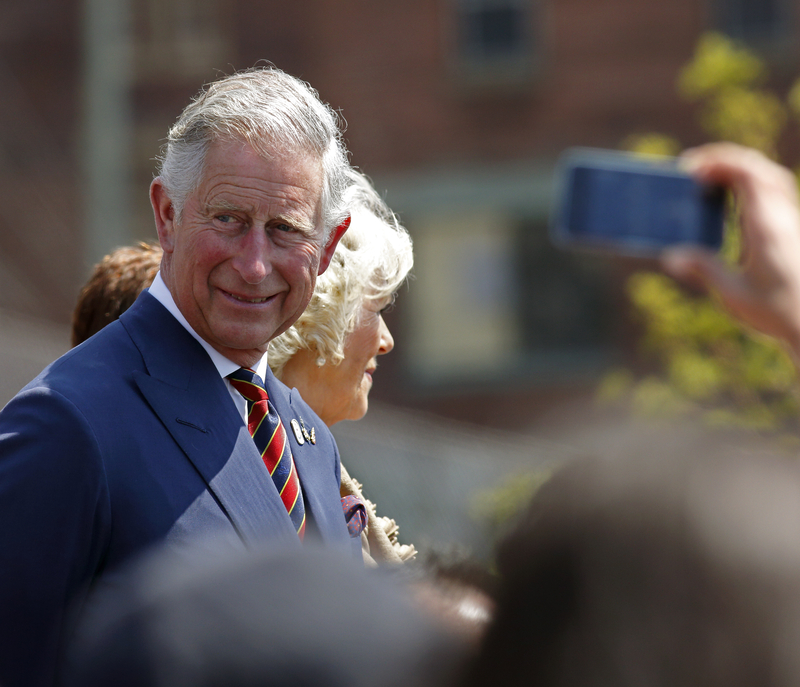On March 21, news leaked about a historic agreement shaping Canada's government. Two major parties—the Liberals and the New Democratic Party (NDP)—were making a deal.
Known as a confidence-and-supply agreement, it is designed to secure Prime Minister Justin Trudeau's minority government until the year 2025. This support from the NDP comes in exchange for the Liberal's agreement to address several issues that the NDP cares about, including dental care, childcare, and medication for Canadians.
Why make this deal?
Justin Trudeau and Jagmeet Singh debated opposing views in last year's election. But they are now trying to work together to get things done in government. (Getty Embed)
In 2021, the Liberals and Trudeau won their second successive minority government. This is a concept that we explained fully here, but just quickly: A minority government is when the party with the most seats (or Members of Parliament, MPs) has less than the total number of seats held by other parties. This means that despite getting to form the government's leadership, they need support of MPs from other parties to actually make any changes.
But by making a deal with the NDP, the Liberals can essentially combine their seats with the NDP's, and they will have a majority of MPs on their side. Now the Liberals can make decisions more efficiently. Meanwhile, the NDP gains the ability to strongly influence what the Liberals do with their support.
What is confidence-and-supply?
Conservative Prime Minister Joe Clark won the 1979 Canadian election. But his government lost a confidence vote later that year and was defeated in the 1980 election. (Getty Embed)
This refers to two types of decisions made in Parliament that the NDPs are willing to always support. The first is a motion of confidence, which is when someone asks for an official vote on whether someone is fit to hold their position in government. Such as the prime minister (PM). In a minority government, the PM is always at risk of a vote of "no confidence" because they don't have a majority of votes within their party. This deal with the NDP changes that meaning that Trudeau is safe.
The second is how—and on what—the government chooses to spend its money, like on public services and institutions (schools, postal service, assistance programs, etc.) and on programs such as energy, defence, environmental protection, and more.
What doesn't this deal cover?
Jagmeet Singh and his NDP party members can still oppose Trudeau and the Liberals during debates in Parliament. (Getty Embed)
The Liberal-NDP deal claims to promise each other "no surprises". Both Trudeau and NDP leader Singh aim to create a partnership that builds trust between the two parties. But that doesn't mean that both parties have to agree on everything.
A confidence-and-supply agreement does not cover new laws.
So the NDP will still have the ability to offer criticism of the Liberals and attack proposals for laws that they do not agree with. Both parties also have the ability to decide to back out of the agreement.
Is this deal a surprise?
Not really.
Even though it hasn't happened in the federal government in Canada before, it has happened in several provincial and territorial governments over the years, including recently in Ontario, BC., and the Yukon. In fact, members of both parties looked to people involved in those agreements to help them make this deal.
Why does this deal work for both parties?
After this deal, Trudeau can feel more confident moving forward with his plans for Canada. (Getty Embed)
In addition to what they gain—Liberals get security and the NDP gets more influence—this deal works because both parties have similar opinions on a lot of political issues.
Is this deal kind of like cheating?
Since losing the 2021 election, the Conservatives have also lost their leader, Erin O'Toole, who stepped down. They are looking to rebuild to get ready for the next election. (Getty Embed)
This deal is fully legal. Some political experts are even praising it as an example of how a minority government can work well. Both parties are making small sacrifices to try to achieve bigger things together more quickly.
As one Liberal representative put it: "We don't have to see eye-to-eye on everything but can we at least find a way on the things that are blindingly obvious that we agree on?"
But that is certainly not the feeling that everyone has.
Before this deal, the Conservatives were the Official Opposition in Parliament, a.k.a. the party with the second-most amount of seats. And they still are.
But after this deal, they have much less ability to threaten Trudeau's government by voting against it. As the Conservative interim leader Candice Bergen put it: "This is nothing more than a Justin Trudeau power grab. He is desperately clinging to power."
What comes next?
Will these two be all smiles moving forward? We'll see! (Getty Embed)
Bergen isn't necessarily wrong. Trudeau and the Liberals would never make this deal if they had a majority government and had more power from the beginning. But then again, what's wrong with two groups agreeing to cooperate?
The first big test will be the upcoming federal budget (yearly government spending plan). On CTV News, NDP leader Singh said, "We want to see the budget include the funding to achieve the goals that have been laid out: The rollout of a phase one of the dental care program, so that kids under 12 who need it most will get care."
Will it work out? Overall, this deal is a big experiment. How it plays out could go a long way in determining the future of both the Liberal and the NDP parties. Will the NDP be able to keep their own distinct voice in government? Will the Liberal policies be changed by their influence, or largely remain the same? Will the Conservatives form their own agreements to counter this deal?
And most of all, how will this affect the minds of voters when the next election happens in 2025?
It will be interesting to find out!
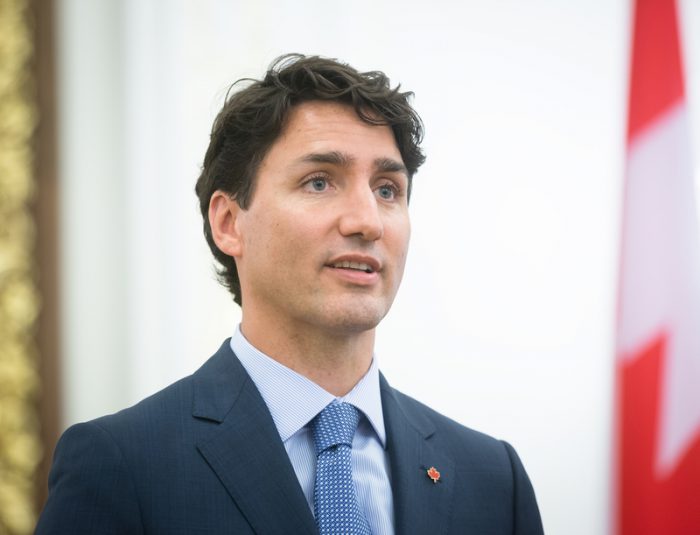 Prime Minister Justin Trudeau has made a deal that gives his government some extra security for the next three years. (ID 74194090 © Palinchak | Dreamstime.com)
Prime Minister Justin Trudeau has made a deal that gives his government some extra security for the next three years. (ID 74194090 © Palinchak | Dreamstime.com)


